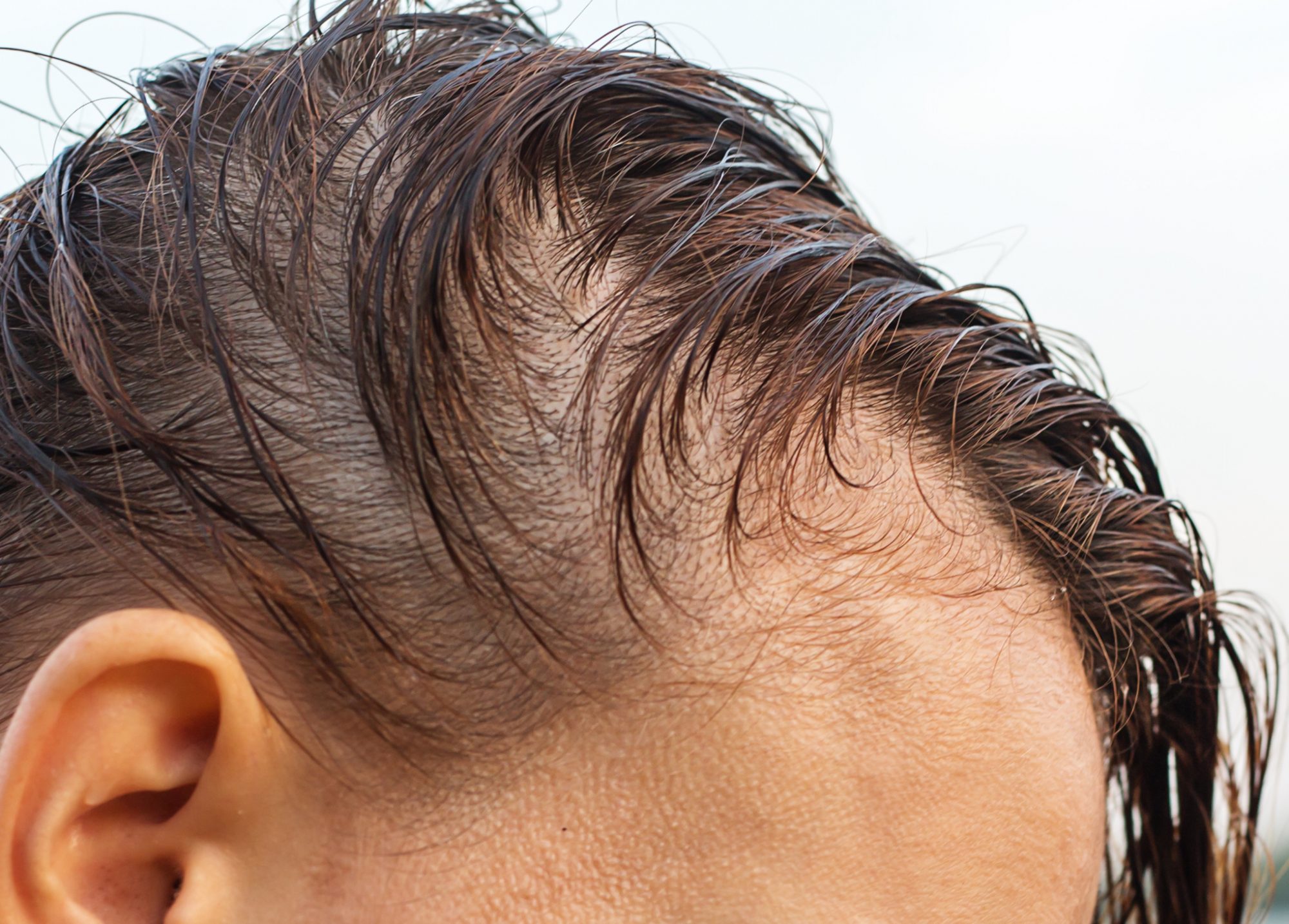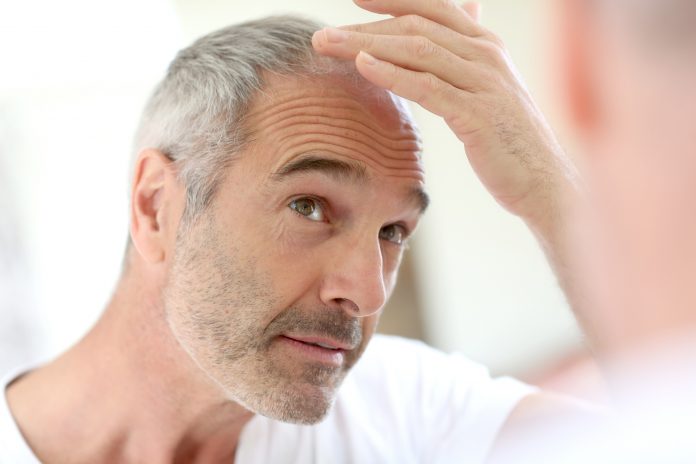SCUBE3, a signalling molecule, could be used as a therapeutic treatment against hair loss and androgenetic alopecia for women and men
Researchers from the University of California have discovered that a signalling molecule called SCUBE3 potently stimulates hair growth and may offer therapeutic treatment for androgenetic alopecia, a common form of hair loss in both women and men.
Dermal papilla cells promote new growth
The precise mechanism uses dermal papilla cells, which play a pivotal role in controlling hair growth.
These cells specialise in signal-making fibroblasts at the bottom of each hair follicle, which promotes new hair growth.
The production of activating molecules by the dermal papilla cells is critical for efficient hair growth in mice and humans. In people with androgenetic alopecia, dermal papilla cells malfunction, greatly reducing the normally abundant activating molecules.
The genetic basis of the activating molecules involved has been previously poorly understood, so the researchers used a mouse model with hyperactivated dermal papilla cells and excessive hair to facilitate more discoveries about hair growth regulation.
Using a mouse model to generate results
After the researchers microinjected SCUBE3 into mouse skin, where human scalp follicles had been transplanted, new growth began in both the dormant human and surrounding mouse follicles.
Maksim Plikus, Ph.D., UCI professor of developmental & cell biology, said: “At different times during the hair follicle life cycle, the very same dermal papilla cells can send signals that either keep follicles dormant or trigger new hair growth.
“We revealed that the SCUBE3 signalling molecule, which dermal papilla cells produce naturally, is the messenger used to ‘tell’ the neighbouring hair stem cells to start dividing, which heralds the onset of new hair growth.”

Co-first author Yingzi Liu, a UCI postdoctoral researcher in developmental & cell biology, added: “Studying this mouse model permitted us to identify SCUBE3 as the previously unknown signalling molecule that can drive excessive hair growth.”
Further tests validated that SCUBE3 activates hair growth in human follicles
Currently, there are two medications on the market, finasteride and minoxidil, which have been approved by the Food and Drug Administration for androgenetic alopecia in the USA.
Finasteride is only approved for use in men, but both drugs are not universally effective and need to be taken daily to maintain their clinical effect. SCUBE3 could be an alternative to these medications in the future.
co-first author Christian Guerrero-Juarez, a UCI postdoctoral researcher in mathematics, said: “These experiments provide proof-of-principle data that SCUBE3 or derived molecules can be a promising therapeutic for hair loss.”
Plikus finalised: “There is a strong need for new, effective hair loss medicines, and naturally occurring compounds that are normally used by the dermal papilla cells present ideal next-generation candidates for treatment. Our test in the human hair transplant model validates the preclinical potential of SCUBE3.”












I would like try SCUBE3. How do I get some to test it?
How do I get some SCUBE3, I would like to regrow much of my hair I lost
Would love to be a test client for this Scube3
How can I use SCUBE3 for my hair growth? Thank you
I would like absolutely to use scube3 to
Offset the thinning process on the crown
Of my head which has receded to small
Fine hairs on vortex of my head.
I am fortunate enough that hair growth
From my frontal area at the forehead
Has long strands to cover the so-called
Bald spot.
Thank you!
Please I would like to be participated in
The use of this product when possible.
Tha
My twin sister and I have been diagnosed with Androgenic Alopecia. Hopefully this treatment will be affordable
very helpful improvement in the medical field. good job
I want to use this medicine when it will be available in india
I wanted to be tested for this molecule how can i be a member of the study department please reply
Hi I’m interested in being a part of your clinical trials for SCUBE3
Could you please contact me when these trials take place
Regards
Phil
Would like to participate in clinical trials SCUBE 3, seeking info to test product
Thx
I would be happy to participate in the clinical trials of Scube 3. Years ago my hair was yanked out from a accident. It has never grew in the same but the follicles are still alive but hair in thinner. I have not for years used heat on my hair. I deep condition and
I use a low level laser to try to keep hair in growing stage and for less shedding. I would greatly appreciate to to be in your clinical trial. Thank You 🙂